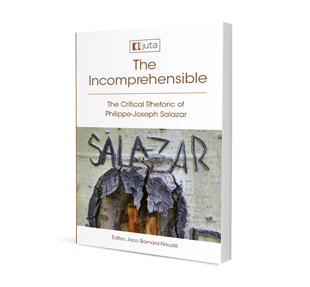Reimagining the right to engage in commercial activity on another’s land as a positive trading servitude

Reimagining the right to engage in commercial activity on another’s land as a positive trading servitude
Author: Leigh-Ann Kiewitz
ISSN: 1996-2177
Affiliations: Senior Lecturer, University of South Africa
Source: South African Law Journal, Volume 139 Issue 4, p. 887-912
https://doi.org/10.47348/SALJ/v139/i4a7
Abstract
This article shows that it could be theoretically possible to create a positive praedial trading servitude in the context of the right to trade on another’s land if certain established requirements are complied with when the doctrinal framework of South African law and s 63(1) of the Deeds Registries Act 47 of 1937 are applied. In light of s 63(1) of the Deeds Registries Act and the intention and subtraction from the dominium tests, it is conceivable that a positive trading right has the ability to burden land and to subtract from the servient owner’s entitlement of use and enjoyment of the land even in a physical sense. Therefore, such a right may be real and registrable. Furthermore, it is possible that a positive trading right could comply with the commonlaw criteria for the establishment of a praedial trading servitude. The article also examines the possible nature and content of positive personal trading servitudes. If parties do not negotiate for a positive praedial trading servitude, a personal servitude can be negotiated in favour of the beneficiary in his or personal capacity.
